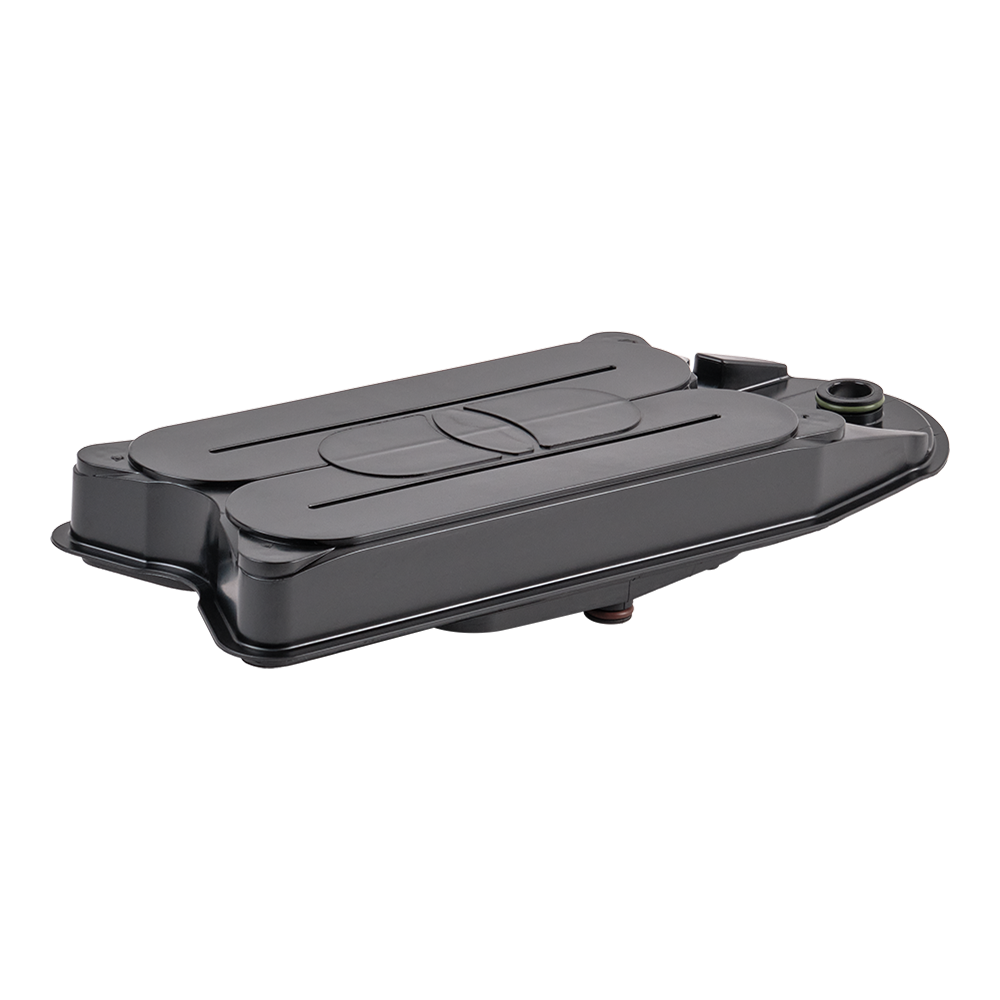How to Prepare Your Diesel Truck for Winter: 5 Essential Steps
Winter is officially here, and diesel truck owners know that cold weather can be as tough on their engines as it is on their daily routines. Failing to prepare a diesel truck for winter can lead to performance issues, expensive repairs, and potentially being stranded during critical times. Fortunately, a few proactive measures can ensure that your diesel truck remains reliable throughout the cold season. Read more as we cover 5 Essential Steps to keep your diesel engine running smoothly as temperatures drop.
1. Change Your Oil and Oil Filter
Why Are Regular Oil Changes Critical for Your Truck in Winter?
Cold weather impacts engine oil significantly, causing it to thicken and flow more slowly. This affects the oil’s ability to circulate effectively, leading to poor lubrication, hard starts, and increased wear on critical engine components. By starting the winter season with a fresh oil and filter change, your engine receives optimal protection in frigid temperatures. For those living in regions where temperatures frequently drop below freezing, switching to a lighter-weight oil designed for cold conditions is advisable. Heavy oils that perform well in summer may struggle to flow properly in winter. Refer to your owner’s manual for the recommended oil viscosity for cold weather conditions.
The Importance of a Clean Oil Filter
An oil change is only half the solution—don’t overlook the oil filter. A dirty or clogged oil filter can restrict oil flow, negating the benefits of fresh oil. Replacing the oil filter ensures proper lubrication and protection for the engine. High-quality oil filters, such as those from Doc’s Diesel, are specifically designed to withstand the rigors of diesel engines in harsh conditions.
2. Inspect and Replace Belts, Hoses, and Batteries
Check for Wear and Damage in Belts and Hoses
Winter temperatures make rubber components brittle, increasing the risk of cracking or breaking. To avoid unexpected breakdowns, inspect all belts for signs of wear, including fraying, cracking, or glazing. A broken belt can leave you stranded in frigid conditions. Similarly, examine hoses for leaks, soft spots, or visible damage. A cracked or leaking hose can lead to coolant loss, resulting in engine overheating. Replacing worn belts and hoses before they fail is a simple preventive step that can save time, money, and inconvenience.
Check Your Battery Health in Cold Weather
Cold temperatures reduce a battery’s cranking power. A battery that performed adequately in the summer may fail completely in winter. To avoid being stranded, test the battery with a multimeter to ensure it is holding a charge and delivering adequate voltage. If the battery is more than three years old or shows signs of weakness, replacing it is recommended. Investing in a new battery can prevent the frustration of a dead truck on a freezing morning.
3. Check and Maintain Your Block Heater
The Role of Block Heaters in Cold Starts
Block heaters are vital for diesel engines in freezing conditions. They pre-warm the engine’s coolant and/or oil, facilitating easier starts and reducing engine wear. If your truck is equipped with a block heater, locate the cord and ensure it is in good working condition. Inspect for fraying, exposed wires, or damage, and replace the cord or heater if necessary.
Benefits of Using a Block Heater
Using a block heater offers several advantages:
- Faster warm-up times: The engine reaches operating temperature more quickly, reducing wear.
- Improved fuel efficiency: Pre-warming reduces fuel consumption during startup.
- Reduced strain on the battery: Cold engines require more battery power to start; a pre-warmed engine lessens this load.
For regions with severe winters, using a block heater overnight can make cold starts significantly easier.
4. Replace Fuel Filters
Prevent Fuel Gelling Issues
Diesel fuel is prone to gelling in cold temperatures, which can block fuel lines and filters. A dirty or clogged fuel filter exacerbates this issue, leading to hard starts, reduced performance, or an immobilized truck. Replacing fuel filters before winter ensures that the fuel system remains clear and efficient.
Doc’s Diesel offers high-quality fuel filters specifically designed to handle harsh winter conditions. Keeping a spare fuel filter in the truck during winter is also advisable. In case of fuel gelling or blockages, a spare filter can save you from expensive tows or long delays.
5. Use a Winter Diesel Fuel Additive
The Importance of Diesel Fuel Additives
One of the most effective ways to prevent fuel gelling is to use a winter diesel additive. Diesel gelling occurs when paraffin wax in the fuel solidifies at low temperatures, clogging the fuel system. A high-quality anti-gel additive lowers the temperature at which this occurs, keeping the fuel fluid even in extreme cold.
Benefits of Doc’s Diesel Winter Fuel Additives
Doc’s Diesel offers specially formulated winter diesel additives that:
- Prevent gelling: Maintain fuel flow in freezing temperatures.
- Improve cold-weather starts: Ensure smoother engine startups.
- Protect against corrosion: Extend the life of the fuel system.
- Enhance fuel economy: Clean fuel injectors and provide additional lubrication.
Adding a winter diesel additive at every fill-up throughout the cold months ensures optimal engine performance and reliability.
Keep Your Truck Running Smoothly All Winter Long
Properly preparing a diesel truck for winter involves several critical steps: changing oil and filters, inspecting belts and batteries, maintaining block heaters, replacing fuel filters, and using a winter diesel additive. Each of these measures helps protect the engine, improve performance, and prevent costly breakdowns. Investing time in winter preparation ensures that diesel trucks remain reliable and efficient throughout the cold season. Doc’s Diesel high-quality filters, oils, and additives designed for diesel engines, are expertly engineered to withstand harsh winter conditions, helping diesel trucks perform at their best no matter the weather. Order your replacement oil, filters, maintenance kits, and more to help prepare your diesel truck for winter, and drive with confidence all season long.





